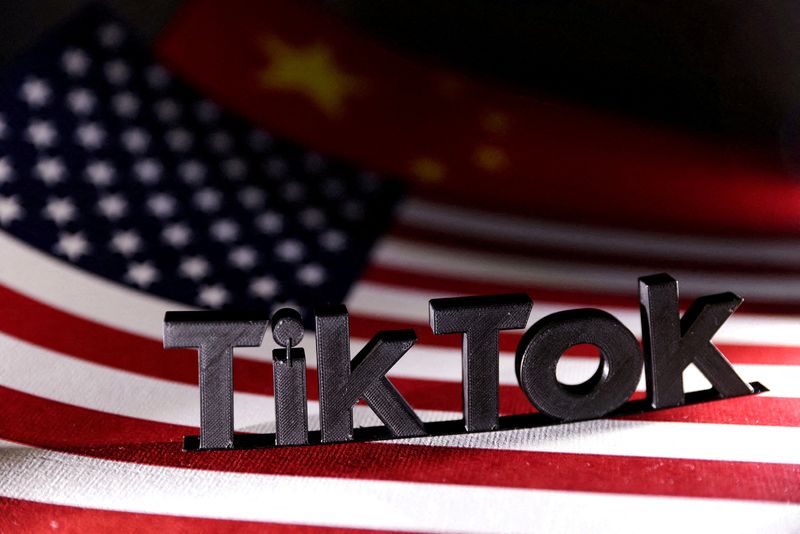TikTok knew its livestreams exploit children, Utah lawsuit claims
2025.01.03 15:21
By Jonathan Stempel
(Reuters) – TikTok has long known its video livestreams encourage sexual conduct and exploit children yet turned a blind eye because it “profited significantly” from them, according to newly unsealed material in a lawsuit by the state of Utah.
The accusations were made public on Friday, ahead of a scheduled Jan. 19 ban on TikTok in the United States unless its China-based owner, ByteDance, sells the popular social media app.
President-elect Donald Trump has asked the U.S. Supreme Court to put that ban on hold. TikTok, for its part, has said it prioritizes safe livestreaming.
Utah’s original lawsuit accusing TikTok of exploiting children was filed last June by the state’s Division of Consumer Protection, with state Attorney General Sean Reyes saying the TikTok Live streaming feature created a “virtual strip club” by connecting victims to adult predators in real time.
Citing internal TikTok employee communications and compliance reports, Friday’s largely unredacted complaint said TikTok learned of the threats Live posed through a series of internal reviews into the feature.
It said a probe known as Project Meramec uncovered in early 2022 how hundreds of thousands of 13-to-15-year-olds bypassed Live’s minimum-age restrictions.
It said many children were then allegedly “groomed” by adults to perform sexual acts, sometimes involving nudity, in exchange for virtual gifts.
The complaint also said a probe launched in 2021, Project Jupiter, found that criminals used Live to launder money, sell drugs and fund terrorism including by Islamic State.
In addition, an internal December 2023 study “documented what TikTok admits is ‘the cruelty’ of maintaining Live with its current risks for minors on the app,” the complaint said.
USER SAFETY
TikTok had fought the disclosures, citing confidentiality concerns and its interest in “preventing potential bad actors from getting a roadmap” to misuse the app.
A Utah state judge, Coral Sanchez, ordered the release of much of the previously redacted material on Dec. 19.
“This lawsuit ignores the number of proactive measures that TikTok has voluntarily implemented to support community safety and well-being,” a TikTok spokesperson said on Friday.
“Instead, the complaint cherry-picks misleading quotes and outdated documents and presents them out of context, which distorts our commitment to the safety of our community,” the spokesperson added.
In October, a bipartisan group of 13 U.S. states and Washington, D.C., separately sued TikTok for allegedly exploiting children and addicting them to the app.
“Social media is too often the tool for exploiting America’s young people,” Reyes said in a statement on Friday.
“Thanks to Judge Sanchez’s ruling, more of TikTok’s shocking conduct will now be public through this unredacted complaint,” he added. “(The) full extent of its culpability can be demonstrated at trial.”

President Joe Biden signed a law authorizing the TikTok ban last April, addressing concern TikTok could gather intelligence on American users and share it with the Chinese government.
The Supreme Court will hear arguments on whether to put the ban on hold on Jan. 10. It is expected to rule quickly.








